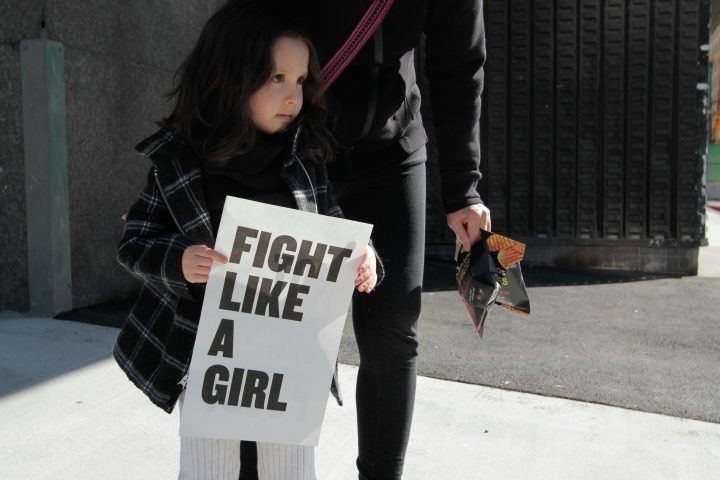Key Takeaways:
– The use of the N-word and “cracker” is not equivalent due to historical context and power dynamics.
– The N-word has a history of oppression and racial violence against black people.
– “Cracker” does not have the same historical weight and has not been used to systematically oppress white people.
– White people have privilege and power that allows them to use the N-word without experiencing the same racial oppression.
– The focus should be on supporting marginalized groups and understanding the impact of our words and actions.
History Shows the Inequality Between the Two Words
The N-word has a long history tied to the oppression and dehumanization of black people. Derived from Spanish and French terms, it became a derogatory term used to describe people of African descent due to their dark skin. The word has been used to oppress black people throughout history, from the times of slavery to the civil rights movement.
In contrast, the term “cracker” historically referred to slave owners who would crack whips on slaves. While it is an insult, it does not carry the same weight of oppression and racial violence as the N-word. It has not been used to systematically dehumanize or oppress white people.
Current Power Dynamics Between the Words Aren’t Equal
Privilege and power play a significant role in understanding the difference between white people using the N-word and black people using “cracker.” White people, as a group, benefit from systemic privilege in society, including interactions with the police, access to opportunities, and freedom from racial oppression.
When white people use the N-word, they do so from a position of power and privilege, using a word that has historically been used to oppress black people. Black people, on the other hand, do not hold the same power and privilege in matters of race. The word “cracker” does not have the same historical context of oppression and does not carry the same weight in terms of racial violence.
Using the N-word as a white person reflects a harmful flex of power, while the use of “cracker” by black people does not hold the same power dynamics. It is essential to acknowledge and understand the impact of our words based on the historical context and power dynamics involved.
Context Doesn’t Matter
While some argue that context matters when it comes to using the N-word, the historical context and power dynamics associated with the word cannot be erased. No matter the context, using the N-word can still be hurtful and perpetuate racial oppression. It is important to consider the impact our words have on those around us and the historical weight they carry.
Focusing on white people’s feelings and defending the use of racial slurs derails efforts for justice and equality. It is crucial to listen, learn, and understand the experiences and perspectives of marginalized groups. By sitting in discomfort and challenging our own privilege, we can become better allies and contribute to social change.
Ultimately, the goal should be to support marginalized groups, dismantle oppressive structures, and promote equality. Let us prioritize progress and understanding over personal desires to use racially charged language.









